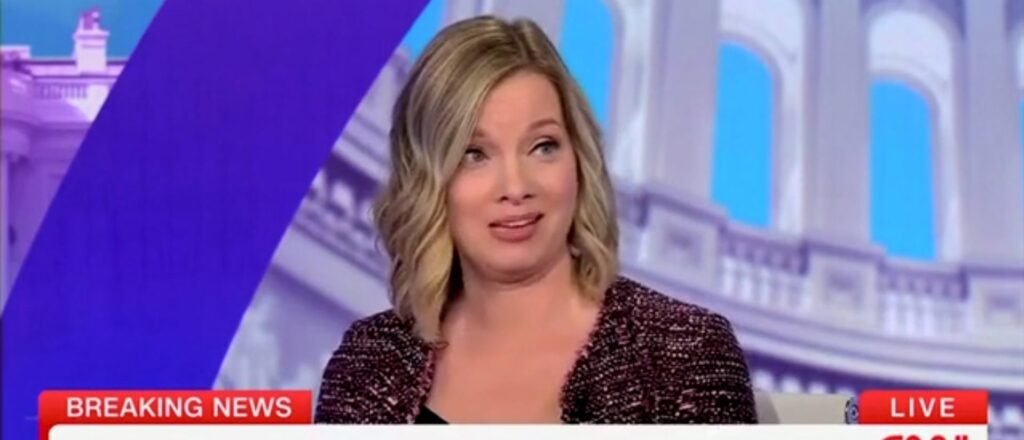Impact of Elon Musk’s New Political Party on GOP
Kristen Saltis Anderson, a Republican pollster, remarked on CNN that Elon Musk’s formation of an American party could significantly shift the balance for the GOP in the upcoming midterm elections.
Musk indicated his intention to create a third political party, stating that the country might face bankruptcy due to mismanagement. He criticized the existing political landscape as more of a one-party system rather than a true democracy. During her appearance on “Arena,” Anderson suggested that Musk’s new party could be undermining the GOP’s advantage, potentially drawing enough voters away to influence the main election outcomes.
“Interestingly, while discussing Musk, we’ve asked voters who they would support in the midterms—Republicans or Democrats? It appears that Republicans have a slight edge, but it’s unclear how a substantial new party might affect these dynamics,” Anderson noted.
Anderson highlighted that the presence of Musk’s party complicates the GOP’s standing, stating that their lead diminishes significantly when this new option is presented to voters. She expressed concerns that the Republican base might struggle to stay engaged during the midterms, particularly with disillusioned MAGA supporters who may not fully back Democrats but could opt to abstain from voting or shift their support elsewhere.
“In midterm elections, voter turnout from your base is typically crucial, and any loss here could be damaging,” she stated. “I don’t see these MAGA supporters suddenly deciding to vote Democrat, but their absence or indecision could be problematic.”
Anderson’s current warnings seem at odds with her earlier statements from June, where she admitted to underestimating Trump’s appeal among younger and minority voters. Recent data from Pew Research indicated a growing interest in Trump from Latinos, Black voters, Asians, and younger demographics, which took her by surprise.
“It’s quite shocking to realize that despite all efforts to engage young voters and diverse groups, there’s still a challenge in bridging that gap,” Anderson concluded.
















